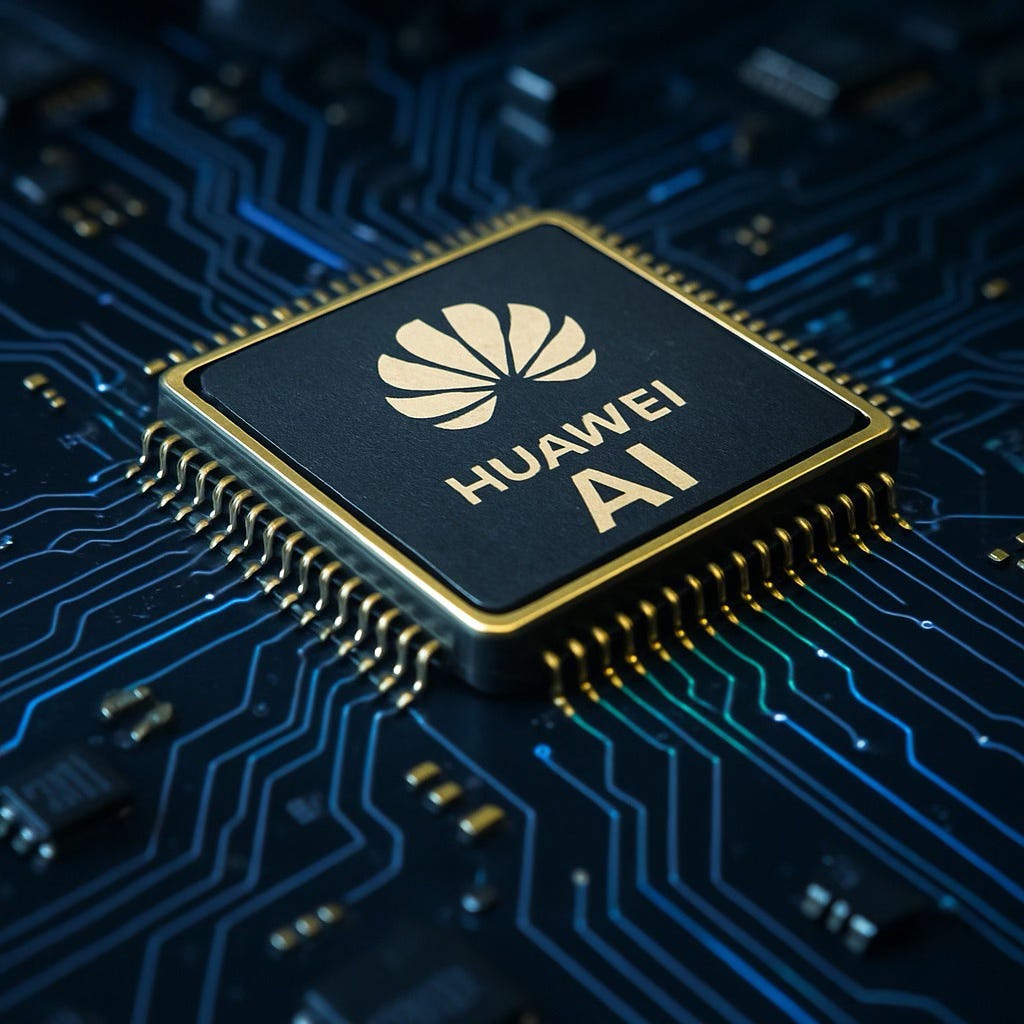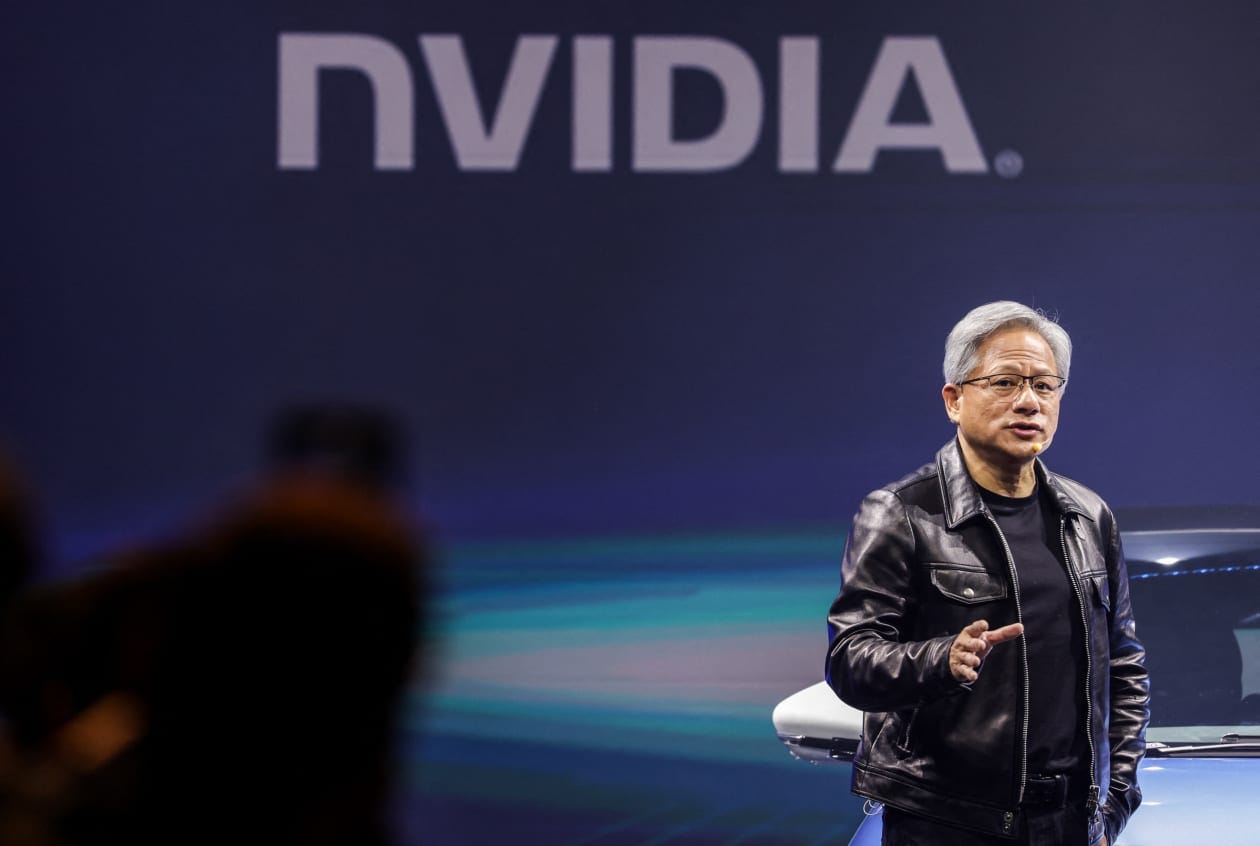Farcical US Global Warning on Huawei Ascend Chip
US Commerce Dept issues guidance that use of Huawei's’ Ascend AI chips “anywhere in the world” violates the government’s export controls, escalating US efforts to curb technological advances in China.
US warns that using Huawei AI chip ‘anywhere’ breaks its rules
[NEW YORK] The Commerce Department issued guidance stating that the use of Huawei Technologies’ Ascend artificial intelligence (AI) chips “anywhere in the world” violates the government’s export controls, escalating US efforts to curb technological advances in China.
The agency’s Bureau of Industry and Security said on Tuesday (May 13) that it’s also planning to warn the public about “the potential consequences of allowing US AI chips to be used for training and inference of Chinese AI models”. The training of AI models involves bombarding them with data to teach them to recognise patterns. Inference, meanwhile, is the stage where models use that training to carry out tasks.
Commerce’s guidance stands to make it all the more difficult for Shenzhen-based Huawei to fulfil its ambitions of developing more powerful chips for AI and smartphones, efforts that have already hit major snags because of US sanctions.
Huawei was designing its next two Ascend processors – China’s answer to Nvidia’s dominant accelerators – around the same seven-nanometre architecture that’s been mainstream for years, Bloomberg reported in November. US-led restrictions had already kept Huawei’s chipmaking partners from procuring state-of-the-art systems.
The bureau laid out the new instructions while more broadly announcing the rescission of Biden administration-era regulations on the export of semiconductors used in developing AI. Those rules had drawn strenuous objections from US allies and companies, including Nvidia and Oracle.
Biden’s regulations “would have undermined US diplomatic relations with dozens of countries by downgrading them to second-tier status”, the Commerce Department said on Tuesday, adding that it will publish a notice that formalises the rescission of the rule and issue a replacement “in the future”.
The Trump administration is drafting its own approach and could shift towards negotiating individual deals with countries, according to sources familiar with the matter.
The Commerce Department said in its statement that whatever comes of it will be “a bold, inclusive strategy to American AI technology with trusted foreign countries around the world, while keeping the technology out of the hands of our adversaries”.
https://www.businesstimes.com.sg/companies-markets/telcos-media-tech/us-warns-using-huawei-ai-chip-anywhere-breaks-its-rules
Jensen Huang says Nvidia is missing out on a Boeing-sized opportunity in China
By Steve Goldstein
Nvidia CEO Jensen Huang made a not-very-subtle case for the Trump administration to review China microchip restrictions, saying that his company will be abandoning a $50 billion market and that the trade limits won’t deter China’s military anyway.
“The fallacy of that is no government, especially the government of our adversaries, are limited by the available capacity of computing in their country for their military reasons,” the leather-jacketed executive said.
“If they need it for military advances, they’ll just secure whatever computing resources that they already have,” he said. There are millions of Nvidia chips in just about every country, he added.
Huang also said China’s Huawei is “formidable” and will step in to fill any Nvidia void.
By contrast, if Nvidia was allowed to ship into China, its chips would help make the American standard the global standard and that AI would be built on American technology, Huang said.
He estimates the market in China for AI chips will be $50 billion in a few years. “Fifty billion dollars is like Boeing — not a plane — the entire company,” Huang said.
Nvidia’s stock has dropped 15% this year, though the microchip giant shares have climbed 28% from their early April lows.







Plan B, I guess, now that the leverage over China Trump boasted to the world about didn't materialize. Near term: allies stuck with more expensive AI - like EV's 5 years ago. Long term: allies stuck with inferior tech, like EV's today.